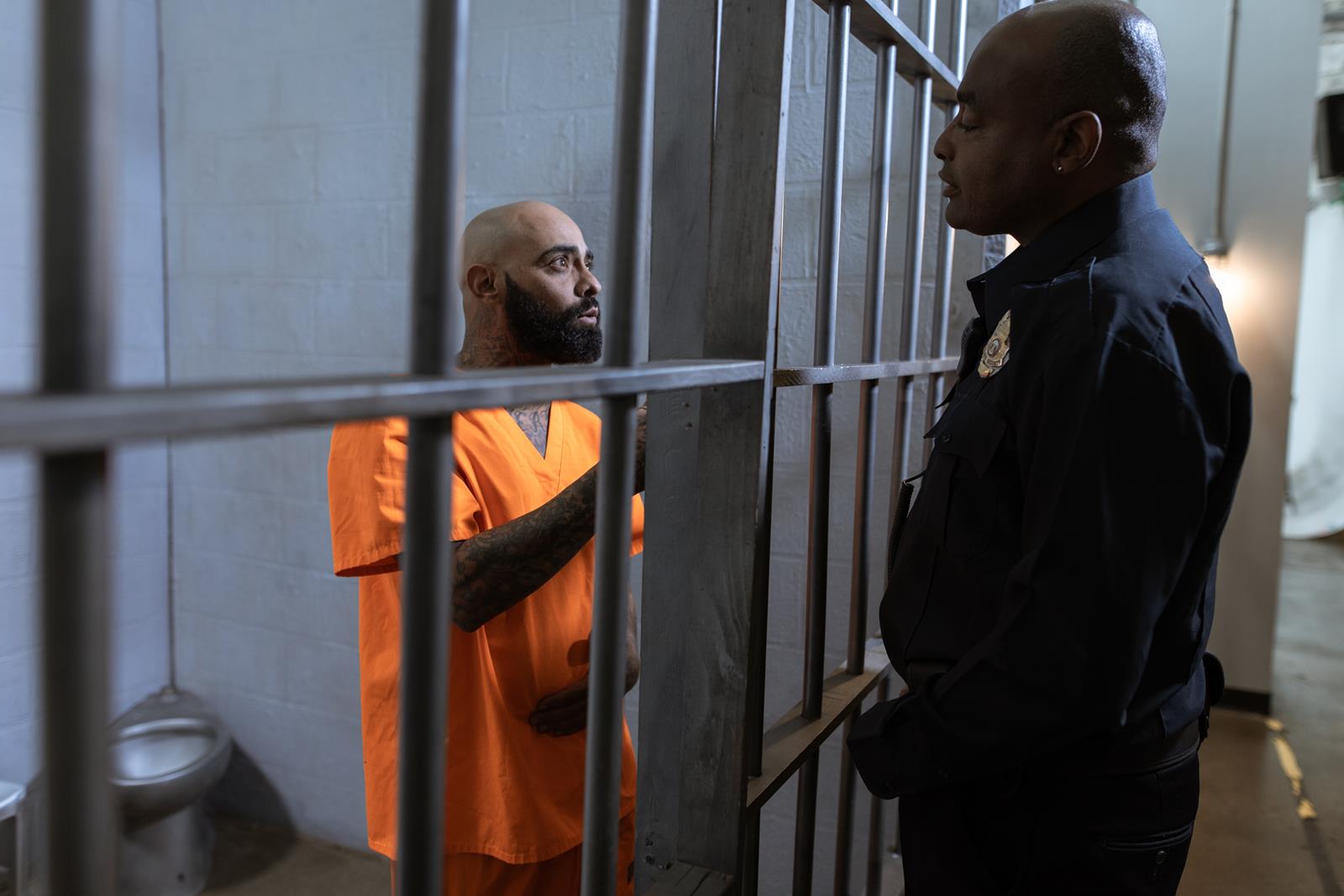Appeals court rulings are an important part of the justice system because they make sure that fairness and truth win after the first cases. They give cases a second chance to be looked at, not to argue over the facts again, but to see if the law was applied correctly the first time. This process has to happen before people can trust the legal system. It is up to the trial courts to show proof and hear from experts. Other than that, appeals judges look at method, custom, and interpretation to get a better idea of what the law really means. Most of the time, the rules they set are used in more than one case. The law changes in real life based on these standards. They also change how future cases are tried. When someone files an appeal, it can mean a new start in life and the chance that justice will be done. For society, it backs up the idea that fairness isn’t set in stone and is always getting better. By understanding what the appeals court says, you can better understand how modern law systems work with their checks and balances.
The Role Of Appeals Courts In Justice
When something goes wrong in the court system, the appeals court makes sure that the lower courts followed the rules. They are not places where witnesses can repeat stories or where jurors can change their minds about decisions. Instead, they want to look at the structure of the law itself. When judges look over a case, they make sure that the rules were followed, that the right proof was allowed, and that both the suspects’ and the claimants’ rights were fully honoured.
This difference makes it clear why appeals courts are so important to fairness. By closely looking at trial results, they keep mistakes from turning into long-lasting wrongs. Also, appeals court decisions often have effects that go beyond the case at hand. Their thinking sets a standard that is used in many future choices. This effect shows how a single decision can improve the justice system as a whole and is a key part of appeal work.
In the end, appeals judges are responsible. They tell trial judges, prosecutors, and defence lawyers that everything they do must be legal. This makes sure that everyone is treated fairly and that the case is legitimate.
How Appeals Differ From Trials
Trials and appeals may look like they are part of the same process at first glance, but they are actually very different. You should find out what happened, who was involved, and what happened right away. This is when the actual evidence comes out, witnesses speak, and attorneys ask each other questions. Needs, on the other hand, are about how individuals should see things, not where they are.
During an appeal, lawyers and judges check to see if the right steps were taken. Like, the appeals court could step in if evidence was accepted without following the rules or if a judge applied the law in the wrong way. It doesn’t matter if the suspect is guilty or not; what matters is that the law was followed correctly.
This difference shows why people who work in appeals courts need different skills than lawyers. Lawyers can’t just tell stories to judges; they have to use laws, past cases, and mistakes in the way things were done to make their points. Appeals, then, are the intellectual backbone of legal systems. They make sure that cases follow fair rules that have been around for a long time.
The Significance Of Precedent In Appeals
As an appeals court rules, one of the most important things it does is set and establish precedents. This is what judges do when they think about how the law should be read based on past decisions. These judges don’t just decide one case when they make a choice. Their decisions affect how the law is interpreted for years, or even decades.
For both lawyers and judges, tradition makes things consistent. Without it, justice could become uncertain, with different judges making different decisions in each case. Appeals courts help keep legal systems stable by counting on past decisions. But custom isn’t always followed; appeals courts sometimes go against what’s been done before when social standards change or when earlier decisions were wrong.
Precedent is important for more than just lawyers and courts. Regular people are also indirectly harmed. A lot of the rules that affect everyday life come from decisions made by appeals courts. These rules cover everything from civil rights to protecting consumers. In the way that laws are always changing, they show how society can get better.
Appeals Courts As Guardians Of Rights
The job of appeals judges is very important for protecting people’s rights. Courts of first instance don’t always remember or get constitutional rights right, which can cause them to make decisions that are unfair or illegal. It is the job of appeals judges to make sure that basic rights are not violated when these things happen.
It’s very important that you do this job to keep weak people safe. Appellate courts can make sure that everyone has the right to a fair trial, the right not to be discriminated against, and the right to a good lawyer. That which they do often makes a strong point of how important it is to protect rights, sometimes and most of the time.
People are more likely to trust the court system when judges of appeals make decisions that protect rights. People always trust the government to keep them safe. A statement like this makes people more likely to believe a business. People don’t just think about being fair; they do it and pay close attention to it.
The Broader Impact On Society
What the appeals court says is also known by people outside of court. Different states, companies, and groups follow the law in different ways, based on how they understand them. If an appeals court rules on discrimination at work, for example, it could change how businesses all over the country hire people and run their businesses.
That’s one reason why people typically think of appeals courts as powerful entities that can make things better. Many individuals may have various perspectives about what is fair when rights go up, reduced, or keep the same. Trial courts decide who is right and who is wrong in a fight between two or more individuals. Appeals courts issue regulations that effect a lot of people in the same location.
Anyone who desires fairness has to be able to make a solid argument. This is clear in the wider picture. Always making the law better is how appeals courts keep the balance between old and new. They do this to make sure the court system is safe and ready to handle new cases.
The Evolving Nature Of Appeals In A Digital Age
In the last few decades, appeals courts had to deal with some issues that can no longer be raised. Digital proof, tracking tools, and the ability to talk to people all over the world have made it harder to talk about and decide on issues. Some of the things that lawyers have to deal with now are hacking, data security, and net contracts. This is because things change so quickly that appeals judges have to read the law in this area.
Tech has made it easy to ask for things these days, though. There are now many places online where you can look at digital files, talk to people in real time, and make decisions. Today everything is faster and easier to get to. People are more likely to believe the law now that these changes show it can change while still following basic rules.
This shows that appeals courts are not set in stone because they change over time. They really do change all the time to fit current life. It is their important job to keep the world safe and fair, even though things are getting more confused. They do this by putting together new and old ideas.
Conclusion
If you want a law system to work well, it’s important to have checks and balances. They make sure that being fair and responsible are not options, but things that must be there. One way they achieve this is by watching the results of cases, making sure that rights are protected, and setting a positive example. Not only does what they do change this case, but it also changes how people think about justice and how the law will be used in the future. Most of the time, appeals courts believe that justice should be fair, steady, and always changing. There is no difference between the projects they work on: tools, human rights, or making things better. On these sites, people might find hope and a second shot. A lot of people trust companies more because of them. Last but not least, what they did shows that the law changes sometimes. It has parts that move to lead, protect, and change. When people are appealing a decision, judges pay close attention to everything that shows how much people care about being fair. They always make sure that being fair is a big part of growing up.


